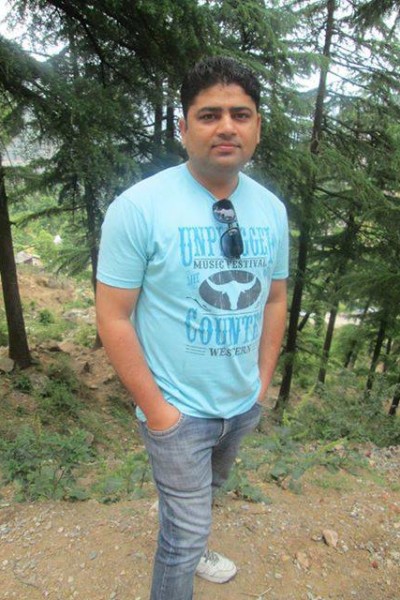
12, 1913, in Alabama and moved with his family as child to Cleveland. The son of a sharecropper and grandson of a slave, James Cleveland Owens was born on Sept. New Yorkers lined the streets to welcome Owens back from the Olympics in September 1936.


He was called racial epithets and subjected to other mistreatment. After deciding to go, he found a chilly reception in Germany, where claims of Aryan supremacy were central to Nazi ideology. Owens, who was black, was encouraged by some civil rights groups to boycott the games. wasn’t the only organization involved in a moral tug of war over the Olympics. The purpose of the Olympics, anyway, was to do your best. “And I wasn’t in Berlin to compete against any one athlete. “I wanted no part of politics,” Owens said. With the rise of Nazi Germany roiling Europe, the Amateur Athletic Union remained divided in 1935 over whether to allow American athletes to compete in Berlin it ultimately approved their participation, but only by a narrow vote.

Yet that lifetime of training, which propelled Owens into the history books with his performance in the 1936 Games in Berlin, seemed for a time as if it might be of little use. “A lifetime of training, for just 10 seconds.” “People come out to see you perform, and you’ve got to give them the best you have within you,” the great track and field star Jesse Owens once said. During the Olympic Games in Rio de Janeiro, Not Forgotten is resurfacing obituaries about some of the greatest Olympic athletes of all time.Ī few seconds, perhaps a fraction of a second, can mean the difference between victory and defeat, between becoming a legend or leaving as a footnote.


 0 kommentar(er)
0 kommentar(er)
